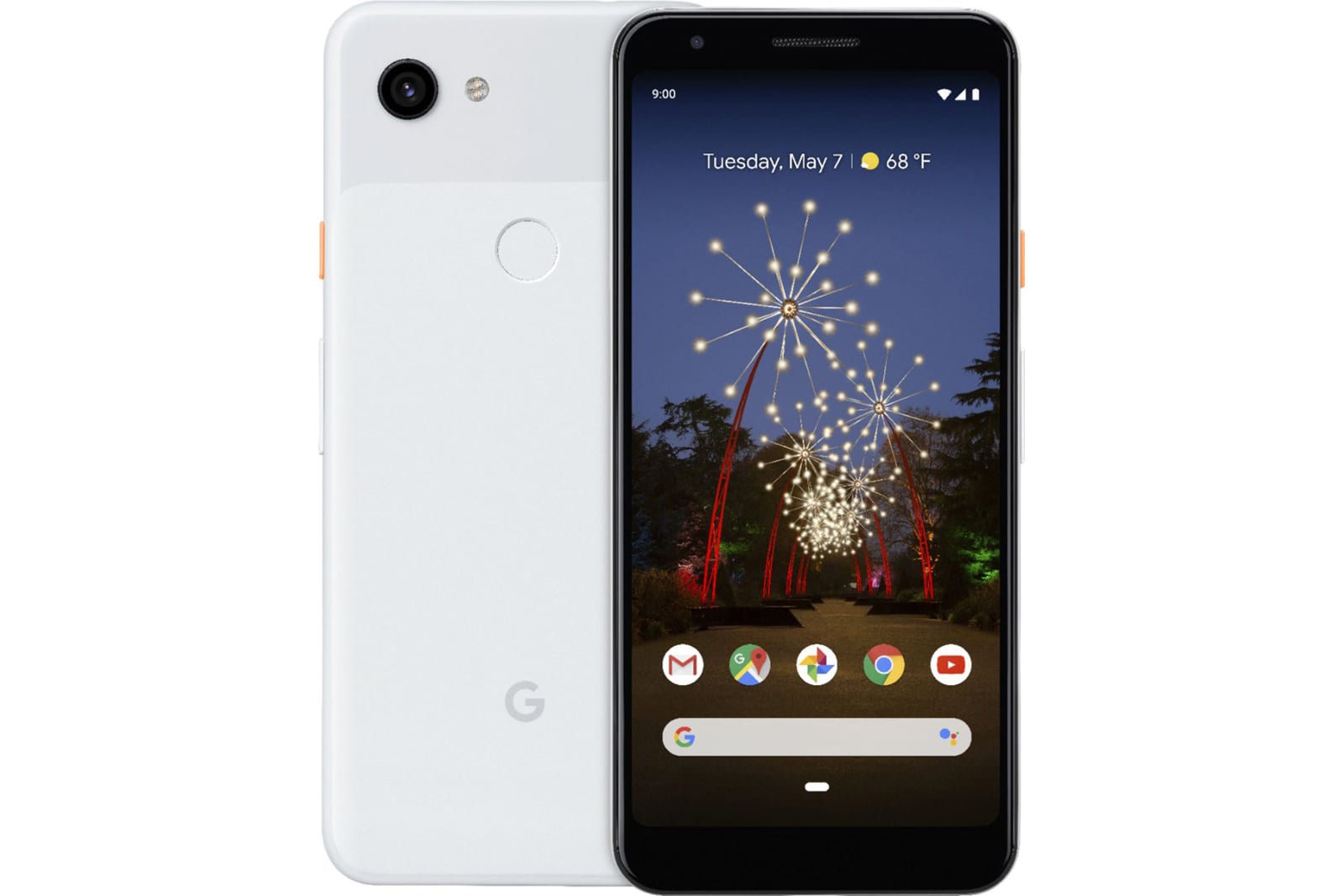For fans of car-soccer, yesterday’s news hit like a rocket-powered bump out of nowhere: after nearly two decades of independence, Rocket League ![]()
Both Psyonix and Epic Games declined to comment further on the terms of the deal, which is expected to close later this month or in early June. We don’t know how much Epic Games shelled out for the San Diego-based studio and Rocket League, which has logged some 57 million players to date, nor do we know how Epic plans to integrate Psyonix into the company.
In a blog post, Psyonix suggested that nothing will change in the short term. Rocket League will shift to the Epic Games Store at some point and end new sales via Steam, although the millions of existing buyers will still see ongoing support on Valve’s platform. Most crucially, however, Psyonix believes that the acquisition can accelerate Rocket League‘s esports scene, and I see a few ways in which that can happen.
Rocket League‘s esports growth has been gradual—and at times, too slow for some anxious parties.
Undoubtedly, joining the Epic family opens Psyonix and Rocket League up to considerably more financial resources. Fortnite alone has earned Epic Games billions and is now a merchandising juggernaut. That’s on top of the company’s enormous success with the widely-used Unreal Engine, along with revenue from the recent launch of the Epic Games Store—oh, and October’s $1.25B USD funding round.
We’ve already seen how Epic can pour considerable cash into an esports push. Hot off of the initial success of Fortnite‘s battle royale mode, the company announced plans to fund $100M in prize pools during the first year of competition—which culminates with this July’s $30M World Cup event. Organizations have flooded into Fortnite, and the fervent interest that has surrounded the game has extended into its esports scene.
Granted, that Fortnite esports push has come with a fair bit of controversy. Epic Games has explored a wide array of formats while continually tweaking the game itself, including changing major game elements right before significant competitions—or instituting odd, restrictive rules on players during events. Successful esports must balance the need for entertaining gameplay with competitive integrity, and at times, Fortnite has seemed more concerned with the former than the latter.
Credit: Psyonix
Related Article: Psyonix and ELEAGUE on How New Deal Can Elevate Rocket League Esports
On the flip side, outside of semi-recurring server issues and occasional format annoyances, the biggest complaints with Rocket League esports have typically been that players, organizations, and fans wanted much faster growth and evolution.
There’s been a lot of hype around the game’s mainstream potential, as it’s a super-charged version of soccer that nearly anyone can understand at a glance even without playing it. Beyond Psyonix’s own Rocket League Championship Series (RLCS), which was co-founded with and originally operated by Twitch ![]()
But despite that hype, Rocket League‘s esports growth has been gradual—and at times, too slow for some anxious parties. Players wanted more competitions and cash at stake, and Psyonix and partners have gradually responded in kind. Organizations, meanwhile, have wanted in-game revenue-sharing items and a clearer roadmap to guide their continued investments. And after a lot of behind-the-scenes frustration and some team departures, Psyonix recently launched an esports items pilot program with 11 teams.
The more people that play and care about Rocket League, the more that are going to watch and follow the esports side.
Imagine what Psyonix could do with a lot more money in hand. Could we see in-studio regular season play? A franchise system? More reliable servers? How about massively boosted prize pools? The last two RLCS seasons have each offered $1M in prize winnings, but that still pales in comparison to what Epic is doing with Fortnite. In my view, the best-case scenario sees Epic cutting Psyonix a large check and telling the studio to continue what it has been doing, albeit on a larger scale and with more flexibility.
After nearly four years on the market and three years as an esport, Rocket League isn’t going to suddenly explode as an esports phenomenon simply due to an influx of money. However, Psyonix has been building something seemingly sustainable over those years with a firmly established core game that has the potential to endure for some time. Giving it more robust funding and letting Psyonix push harder than ever could have a slow burn effect that makes Epic a mint over the long haul.
Under Epic’s umbrella, it also seems likely that Rocket League will go free-to-play globally sooner than later. It has done extremely well as a $20 game with in-game purchases, given the aforementioned number of players and continual growth over the years—but with Fortnite, Epic has seen the wonders of what an incredibly friendly free-to-play model can do to remove barriers, build awareness, and generate ongoing excitement amongst players.
Credit: Psyonix
Going free-to-play is sure to have a knock-on effect with esports, as well. The more people that play and care about Rocket League, the more that are going to watch and follow the esports side. It may also ensure that there’s a steady stream of new talent coming into the game, and between in-game notifications of live esports events and free in-game items awarded to Twitch viewers, Rocket League already boasts solid esports integration to enable that growth.
Lastly, it’s easy to overlook the role that Tencent plays in this connection. The Chinese gaming giant owns 40% of Epic Games and is also known as the parent company of League of Legends ![]()
Psyonix and Tencent actually already collaborated on a free-to-play Chinese version of Rocket League, and with Tencent’s immense reach and resources, not to mention a significant and growing interest in esports, it could also help expand Rocket League esports globally. Asia is currently an untapped market for the game’s competitive scene, and it’s a huge potential growth area. Rocket League could also be well suited to spotlight as an option for the Olympics and the Asian Games, following backlash from sports leaders over violent video games.
Until the deal formally closes and the companies start talking specifics, it’s too early to tell what the true impact of the acquisition will be on Rocket League esports.
Of course, there are potential downsides to consider with this deal. It’s reasonable to worry about Epic Games coming in and mucking up what already works so well about Rocket League as a game and esport, or impacting Psyonix’s culture in a negative way. After all, the acquisition news arrives soon after reporting that Epic Games employees have been suffering through months of intensive development crunch to keep up Fortnite‘s flow of content. That’s an unsustainable model with potentially dire consequences.
Additionally, how many studios have we seen sucked up by a major third-party publisher (like Activision ![]()
Until the deal formally closes and the companies start talking specifics, it’s too early to tell what the true impact of the acquisition will be on Rocket League esports. But by leaning on its new owner’s resources and taking a couple of lessons from Fortnite, Psyonix has an opportunity to inject some nitrous into its growth plans and help ignite Rocket League‘s intended ascent towards Tier-1 status.
https://esportsobserver.com/rocket-league-esports-opinion/
2019-05-02 15:53:00Z
52780282989111














